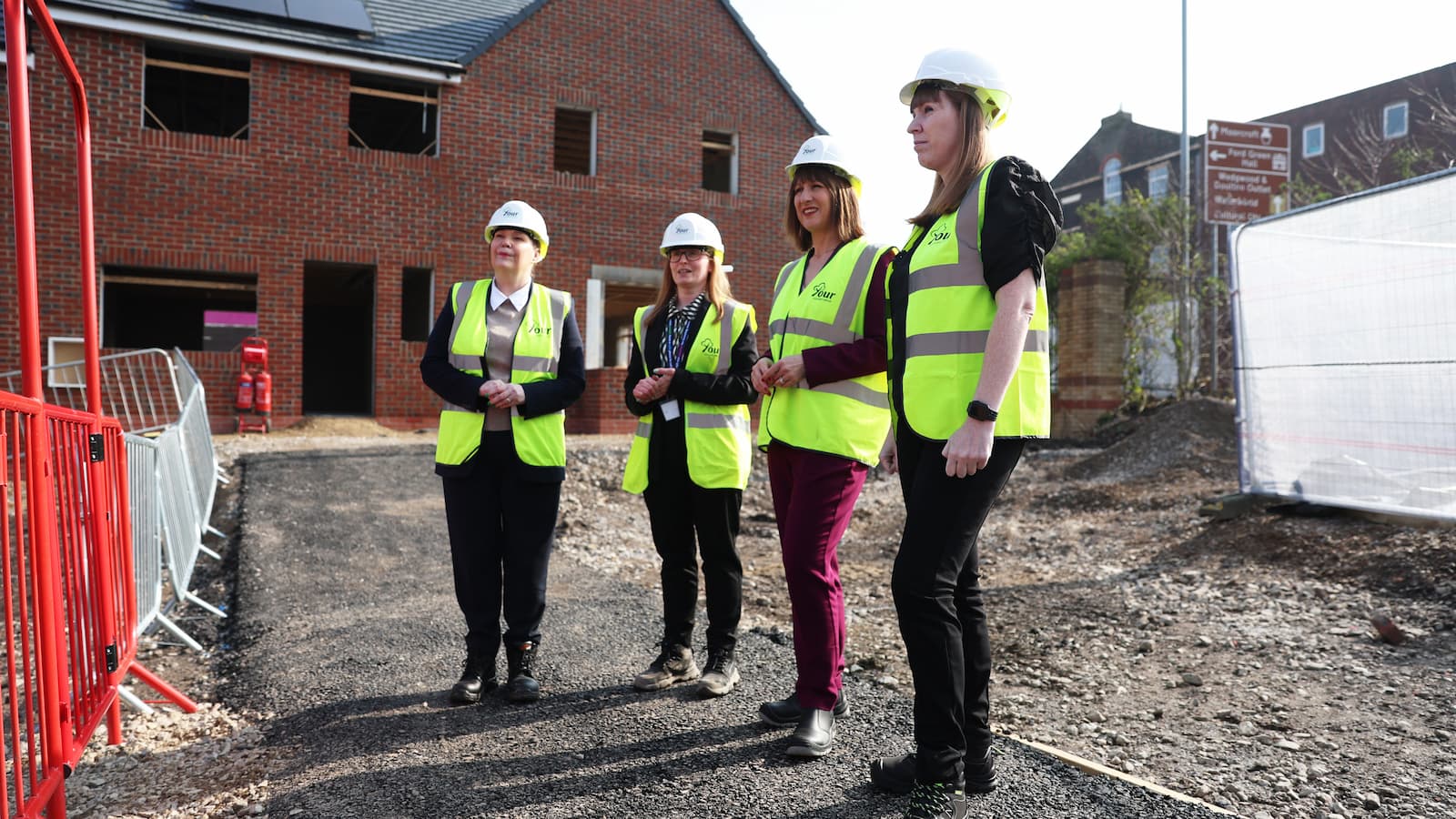Can the Government’s new planning lawyer help deliver the 1.5m homes target?
Catherine Howard joins Treasury to speed up housing approvals as UK Government aims to deliver 1.5 million new homes over five years

Bring your dream home to life with expert advice, how to guides and design inspiration. Sign up for our newsletter and get two free tickets to a Homebuilding & Renovating Show near you.
You are now subscribed
Your newsletter sign-up was successful
The Government has appointed Catherine Howard, a senior planning lawyer, as Infrastructure and Planning Adviser to Chancellor Rachel Reeves, in a bid to tackle delays in housebuilding.
Howard will advise on implementing planning reforms aimed at increasing the pace of approvals for housing projects.
The appointment comes as ministers face pressure to meet the target of 1.5 million new homes over five years.
Howard’s role and objectives

Catherine Howard, partner at Herbert Smith Freehills Kramer, will work with the Treasury to advise on “the next phase of planning reforms” and the rapid implementation of the existing Planning and Infrastructure Bill.
A Treasury spokesperson said Howard would “provide expertise on legal and procedural bottlenecks in the planning system and recommend ways to accelerate project delivery.”
Reeves told a House of Lords committee this summer: “We cannot keep letting planning delays hold back homes and jobs. We need practical advice on how to make the system work.”
Howard herself commented: “My role is to advise where the planning system can be clearer and faster, while remaining compliant with existing environmental and legal standards.”
Bring your dream home to life with expert advice, how to guides and design inspiration. Sign up for our newsletter and get two free tickets to a Homebuilding & Renovating Show near you.
Industry and local authority reactions
Neil Jefferson, Chief Executive of the Home Builders Federation, welcomed Howard’s appointment but stressed broader challenges: “Planning reform alone won’t solve the housing crisis. Developers need certainty across regulation and financing to deliver more homes.”
Several local authorities expressed caution. A spokesperson for Vale of White Horse District Council said: “We support efforts to increase housing, but reforms must not undermine local decision-making or reduce proper scrutiny of developments.”
Similarly, the Town and Country Planning Association noted that accelerated planning could “increase legal challenges if local communities and statutory consultees feel bypassed.”
Potential impact and remaining challenges
Howard’s appointment signals the government’s intent to reduce planning delays on housing schemes.
However, experts warn that even if approvals are accelerated, housebuilding may still be constrained by financing, workforce shortages, and market demand.
Jefferson added: “Even with faster planning, if builders cannot access funding or materials, delivery targets will still be missed.”
The government hopes that Howard’s guidance will ensure the reforms translate into tangible increases in planning permissions and housing starts before the Autumn Budget, but how quickly that will happen remains uncertain.

News Editor Joseph has previously written for Today’s Media and Chambers & Partners, focusing on news for conveyancers and industry professionals. Joseph has just started his own self build project, building his own home on his family’s farm with planning permission for a timber frame, three-bedroom house in a one-acre field. The foundation work has already begun and he hopes to have the home built in the next year. Prior to this he renovated his family's home as well as doing several DIY projects, including installing a shower, building sheds, and livestock fences and shelters for the farm’s animals. Outside of homebuilding, Joseph loves rugby and has written for Rugby World, the world’s largest rugby magazine.
